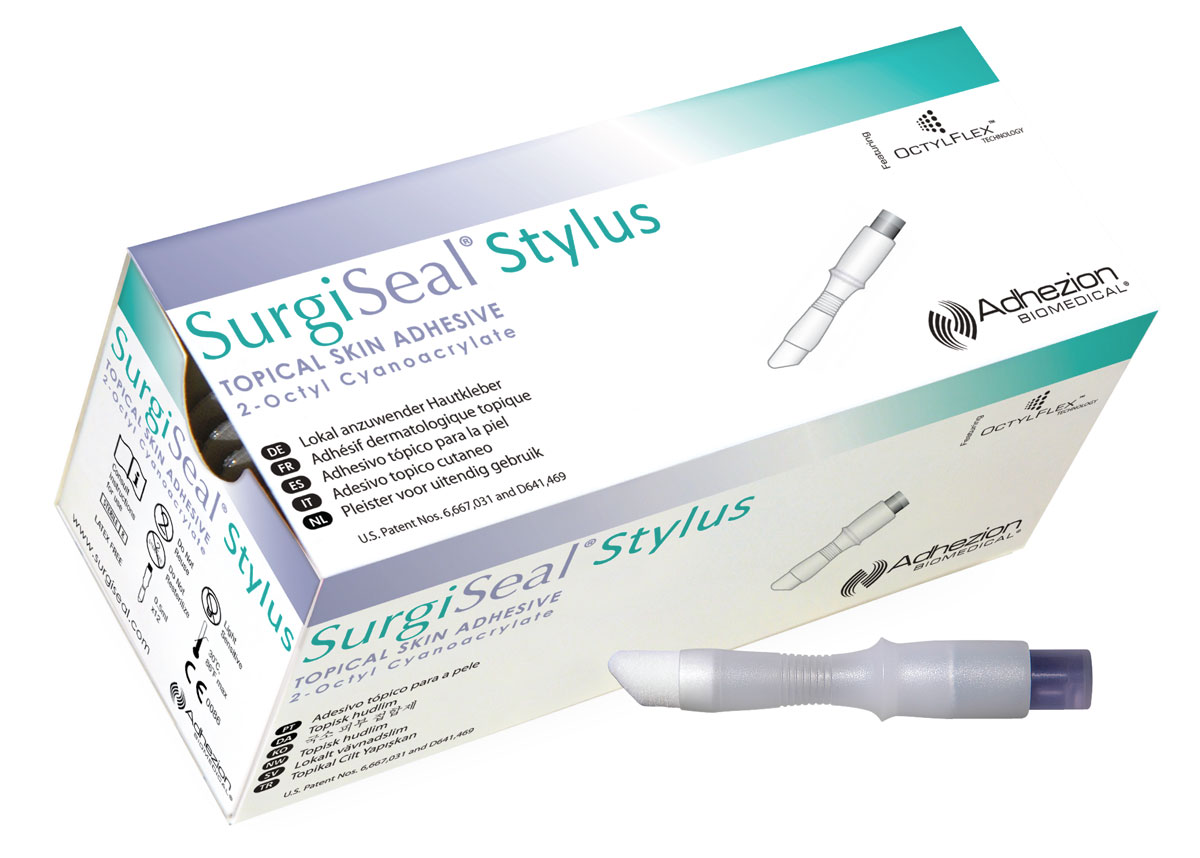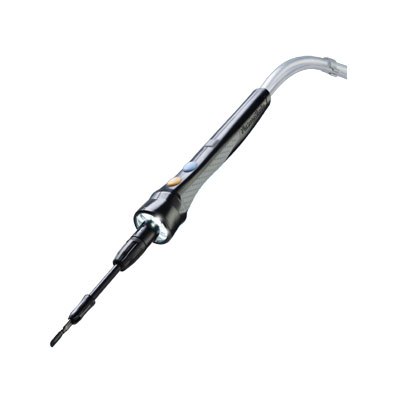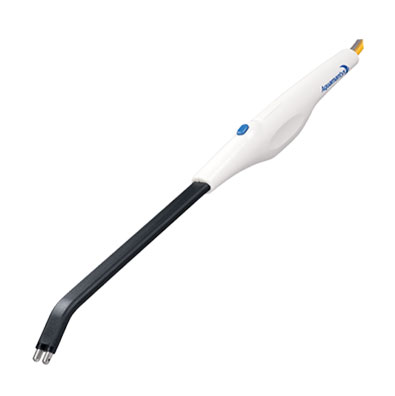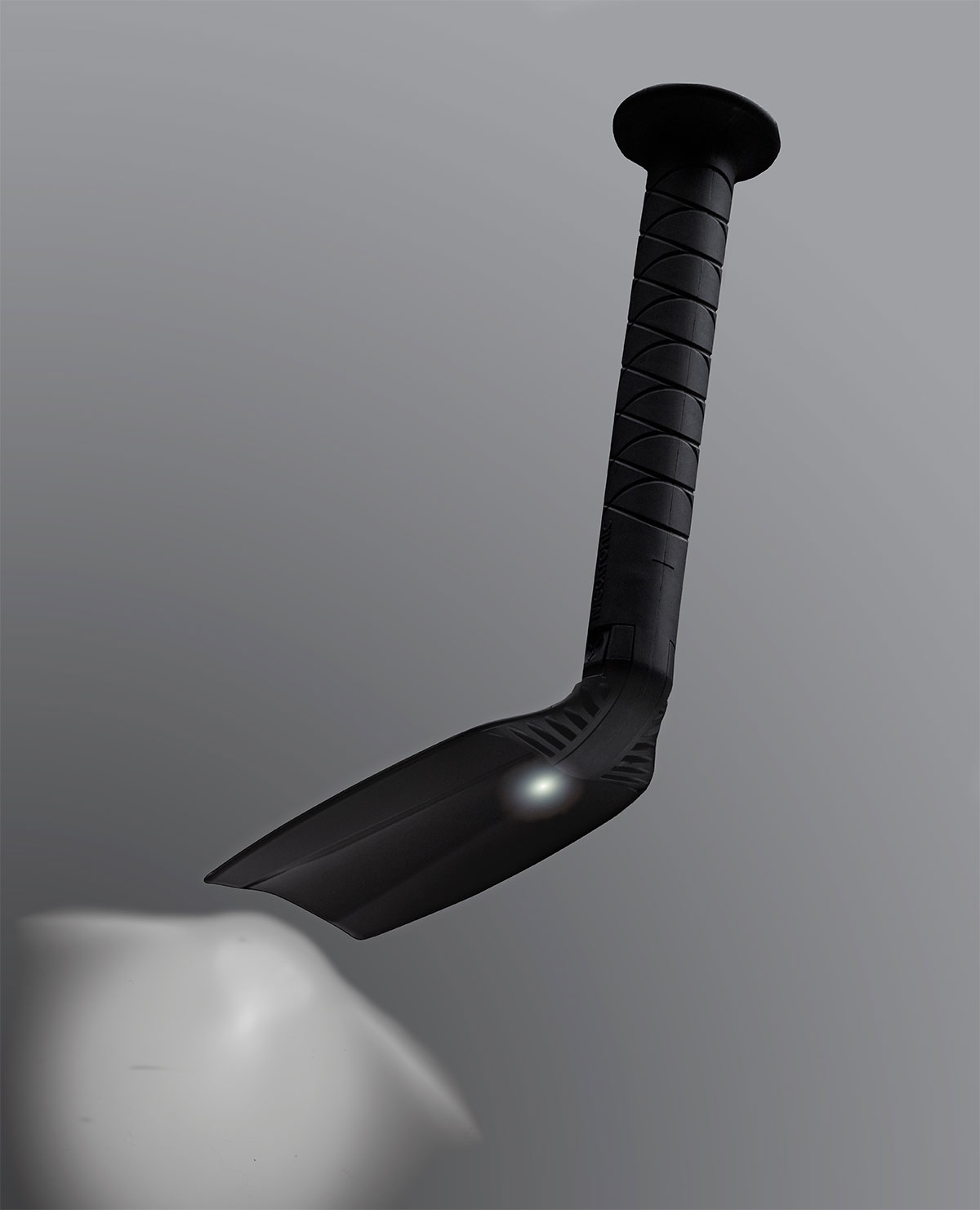- Surgical Site Infections (SSI) are the most common infections treated by spinal surgeons and are associated with increased morbidity, mortality, cost, and inferior outcomes. Rates of SSI vary based on the invasiveness of the procedure, underlying spinal pathology, and patient population. The rates of SSI are reported to be as low as 0.07% in patients undergoing anterior cervical discectomy and fusion, to 2.94% in posterior cervical surgery, 2.4% for spinal tumours, 8.8% in primary lumbar fusions, and 12.2% in revision lumbar fusions.[1]
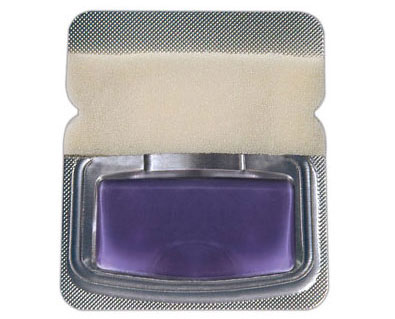
- Patients with deep infection after instrumented fusion had more back pain and were less likely to reach MCID (minimum clinically important difference) at 2 years compared with patients without infection.[2]
- FloraSeal has been shown to trap and immobilise bacteria that may cause infection to the patient. It rapidly and powerfully kills gram-positive and gram-negative bacteria.[3]
- FloraSeal effectively reduces microbial colonisation within 15 minutes and maintains a low microbial colonisation throughout the 24 hours after application, has the same efficacy when being used with or without an antimicrobial surgical incise drape, and mitigates microorganisms more effectively than an antimicrobial surgical incise drape alone.[4]
1. Spina, N. T., Aleem, I. S., Nassr, A., & Lawrence, B. D. (2018). Surgical Site Infections in Spine Surgery: Preoperative Prevention Strategies to Minimize Risk. Global Spine Journal, 8(4_suppl), 31S-36S. https://doi.org/10.1177/2192568217752130
2. Petilon, J. M., Glassman, S. D., Dimar, J. R., & Carreon, L. Y. (2012). Clinical outcomes after lumbar fusion complicated by deep wound infection: a case-control study. Spine, 37(16), 1370–1374. https://doi.org/10.1097/BRS.0b013e31824a4d93
3. Prince, D., Kohan, K., Solanki, Z., Mastej, J., Prince, D., Varughese, R., & Patel, M. (2017). Immobilization and death of bacteria by Flora Seal microbial sealant. Int J Pharm Sci Invent, 6(6), 45-49.
4. Data on File. Adhezion Biomedical, LLC
